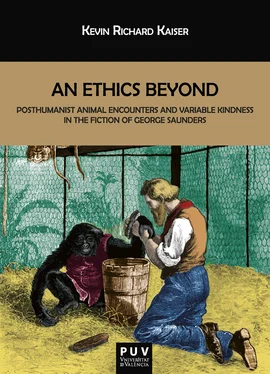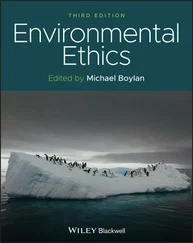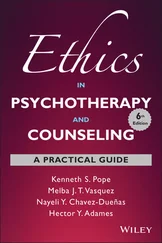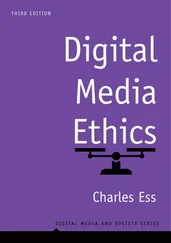Like Wolfe, Andy Miah proposes a definition of posthumanism that calls attention to the prefix. Miah claims that posthumanism’s vital assertion is its criticism of human preeminence. For him, “the ‘post’ of posthumanism need not imply the absence of humanity or moving beyond it,” neither biologically nor evolutionarily; rather, he understands the “post” as our point of inception as we endeavor “to understand what has been omitted from an anthropocentric worldview” (2008, 72). A liberal humanist anthropocentric worldview—and those that purport to be deanthropocentric while elevating, in some sense, the human—is a worldview poor in world.
Recalling the difference between posthumanism and transhumanism, posthumanist theory is not about what comes after the human but what comes “after” acknowledging what anthropocentricity in humanism has veiled from us, indeed what is “omitted” when we accept a philosophy that places not only the human at the center of its studies but a historically carnophallogocentric human. What is omitted is plurality: the plurality of beings as well as of cultures, genders, sexes, and so forth. Posthumanist theory, if we can call it such, is an active openness—not a passive openness that simply accepts openness in its own right but an openness that continuously (re)opens. For this reason, posthumanism understands the role of the human, if there is one, as not one of strictly becoming, as such, in the sense that we become exclusive of others, but as one, to use Haraway’s phrase once more, of becoming with, or what she has described as “companion species living in naturecultures” (CSM 65), what Kelly Oliver has emphasized as “response-ability” (2009), and what I am identifying as constituents.
In becoming with, we have, many would argue, an ethical obligation to fellow beings. To have an ethical obligation to these beings is not a strictly posthumanist formulation. What posthumanist theory would insist upon demonstrating is that if there is an ethical obligation, it is not because the human claims ethics or has the power to dictate ethics. In other words, posthuman theory, in terms of ethics, is not about extending rights to nonhuman beings; it is not a utilitarian approach to ethics. The attraction of a truly posthumanist posthumanism lies in how it serves as a radical reconceptualization—or deconceptualization, or sensing—of thinking contemporary ethics in terms of constituents, not in terms for them. Furthermore, posthumanist posthumanism raises questions concerning sociocultural issues. While contemporary conceptions of ethics will be explored more fully later, it is important to note that across what Miah demonstrates as a myriad of posthumanisms, from technological to cultural to philosophical, the emphasis remains upon “the preoccupation with Otherness that appears characteristic of posthumanism’s history” as the foremost concern “of all leading posthumanist scholars” (81), which has led to a variety of discourses, especially the so-called discourse of species. Whether ethical, political, social, cultural or otherwise, posthumanist concern is spurred by that which—or those who—have been tethered “outside” a closed conception of the human.
“We are Animals”: The Discourse of Species
In Animal Rites: American Culture, the Discourse of Species, and Posthumanist Theory (2003), which I briefly cited earlier, Cary Wolfe analyzes the assumptions of cultural studies and explains how we are to understand the “discourse” of the title. As he elaborates, the discourse of species is “theoretically and methodologically, at the intersection of ‘figure’ and ‘institution,’ the former oriented more toward relatively mobile and ductile systems of language and signification, the latter toward highly specific modes and practices of materialization in the social sphere” (AR 6). The provocative premise of the book calls us to rethink subjectivity, language, and humanism through a range of schemata found throughout cultural studies and its kin. Because “cultural studies situates itself squarely, if only implicitly, on […] a fundamental repression that underlies most ethical and political discourse, taking it for granted that the subject is always already human” (AR 1), it is worth exploring the discourse of species and especially its link with the institution of speciesism.
Конец ознакомительного фрагмента.
Текст предоставлен ООО «ЛитРес».
Прочитайте эту книгу целиком, купив полную легальную версию на ЛитРес.
Безопасно оплатить книгу можно банковской картой Visa, MasterCard, Maestro, со счета мобильного телефона, с платежного терминала, в салоне МТС или Связной, через PayPal, WebMoney, Яндекс.Деньги, QIWI Кошелек, бонусными картами или другим удобным Вам способом.












